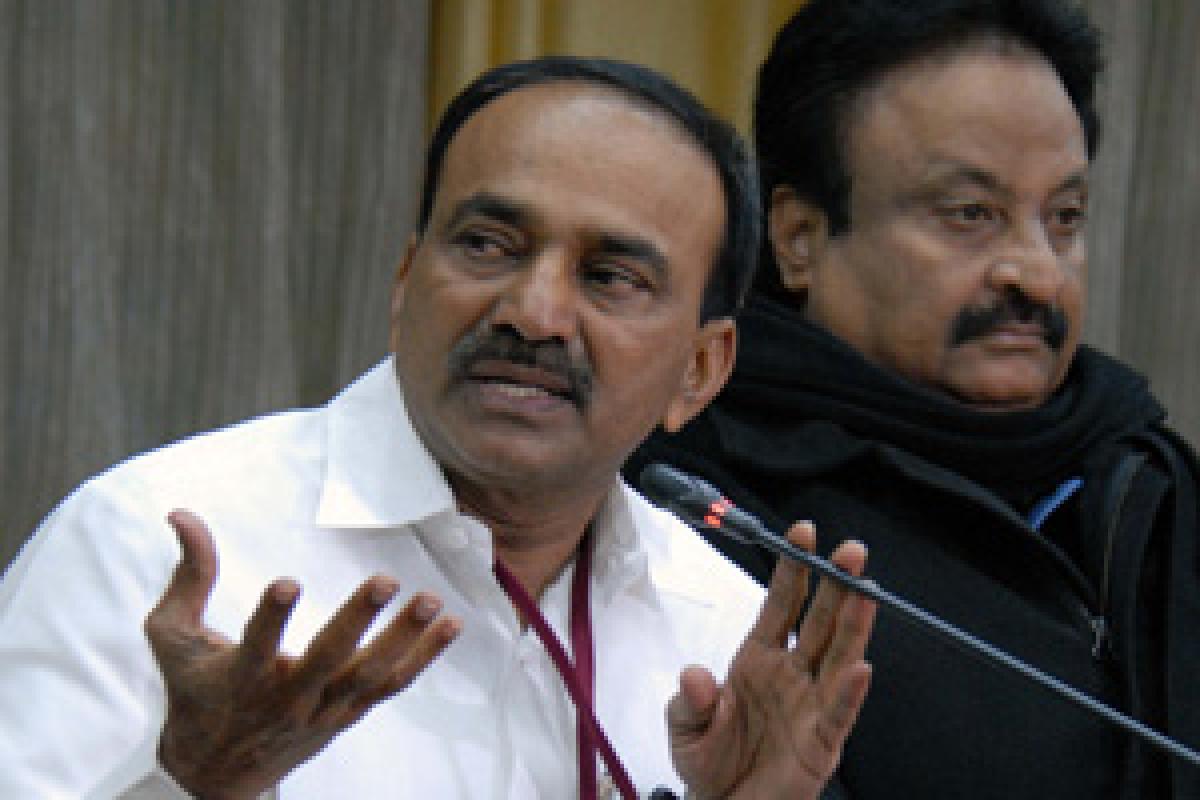Live
- Is 'Kanguva' the Most Expensive Film Ever Made in Suriya's Career?
- Massive Support for BS Maqbool as Nomination Process Evokes Public Support in Kadiri Constituency"
- Raghurama Krishnam Raju Holds Election Campaign in Gollalakoderu, Garagaparru and Maipa Villages
- 100 People Join TDP from YCP in Srikalahasti, MLA Candidate Bojjala Venkata Sudhir Reddy Receives Warm Welcome
- KK Raju campaigns during morning walk at Port Stadium, urges voters to support YSR Congress Party
- Mega brother’s mother Anjana Devi unveils promising teaser of RK Sagar’s ‘The 100’
- "Vasupalli Ganesh Inaugurates 33rd Ward YCP Party Office
- ‘Family Star’ heads to OTT: This Vijay Deverakonda starrer makes digital debut
- Tamannaah Bhatia join the sets of ‘Odela 2’
- Swift CID investigation to ensure severe punishment to the accused: CM









